A Resilient World? Understanding vulnerability in a changing climate
Communities across the world are feeling the impact of natural and human-made hazards, whether that’s severe weather and its link with climate change, or the result of industrial, social, or environmental impacts.
A Resilient World? Understanding vulnerability in a changing climate is the second report about the 2021 World Risk Poll findings.
Revealing how people worldwide feel their country’s infrastructure and government can cope in the face of disasters, the report provides global insights into how prepared and resilient individuals believe their communities, countries, and institutions are in dealing with hazards. The findings can be used by governments, development agencies, businesses, and researchers to help them identify vulnerabilities and take action to make people safer.
Watch our video about vulnerability and resilience in a changing climate.
Stories
A third of the world’s population would survive for less than a month with no income
The 2021 World Risk Poll findings reveal that globally, just over one in three people (34%) could cover basic needs for less than a month if they lost their income – for instance, because of a disaster – including about one in eight (12%) who could do so for less than a week.
High experience of disasters often correlates with low resilience
The 2021 World Risk Poll reveals that many countries and regions with high disaster experience are also those with low resilience, highlighting areas of vulnerability among communities where action is needed to make people safer.
Community support is higher in low-income countries
To understand the level of community support people may have in the face of natural hazards or other shocks, the 2021 World Risk Poll asked two questions – firstly, how much they think their neighbours care about them and their wellbeing and secondly, whether they have helped a stranger or someone they didn’t know in the past month.
Globally, almost two in five people say their country’s government doesn’t care about them at all
The 2021 World Risk Poll reveals that only one in five people worldwide (19%) say their government cares ‘a lot’ about their wellbeing, while around two in five said their government cares ‘somewhat’, (40%) or ‘not at all’ (37%).
Expert comment


How global data on perceptions of risk and resilience can help us build a more resilient future


World Risk Poll reveals why some warnings are not being heard or acted on


How does disaster experience correlate with resilience?
The Resilience Index
Explore the World Risk Poll Resilience Index, synthesising the results from the 2021 World Risk Poll report on how prepared countries around the world are to deal with shocks.
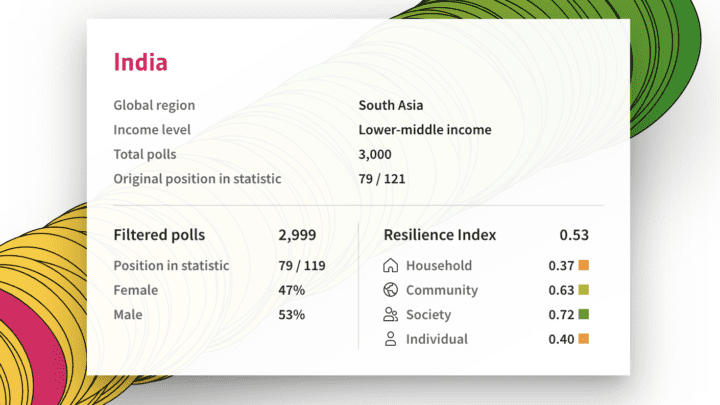

Infographics
Informational graphics for journalists, bloggers and sharing on social media.
Click below to see the full list of infographic assets, free for editorial use and promotion of the 2021 World Risk Poll.
A world of risk: country overviews
Explore the everyday risks people face in different countries
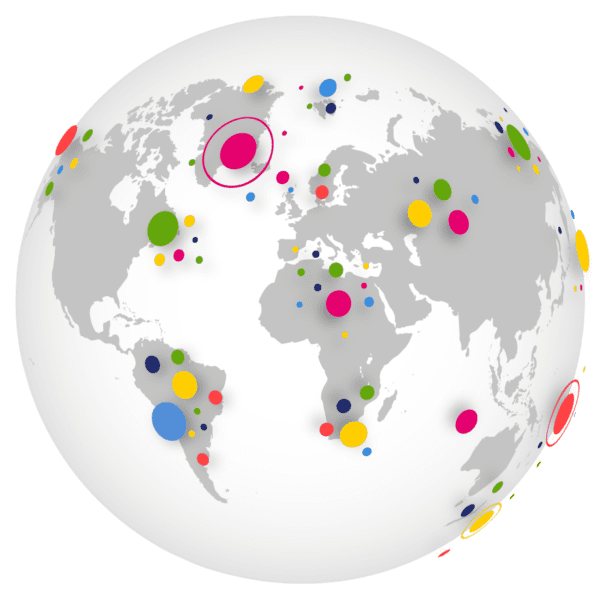

You might also be interested in...
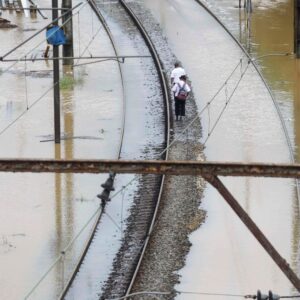

Latin American governments among the least trusted to deal with a disaster, global report shows
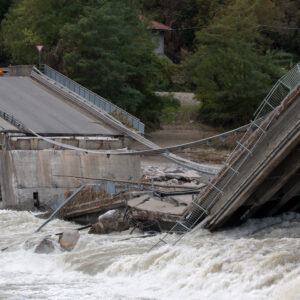

Public confidence in disaster preparedness of European governments is low, according to global analysis
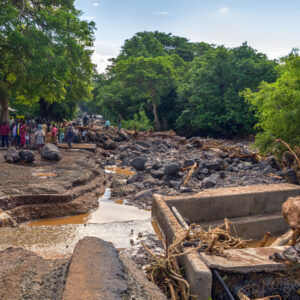

Major study finds poor infrastructure resilience damaging public confidence in disaster preparedness of East African local governments


Improving household preparedness in multi-hazard contexts


Mapping and communicating climate risk perceptions at the sub-national level


